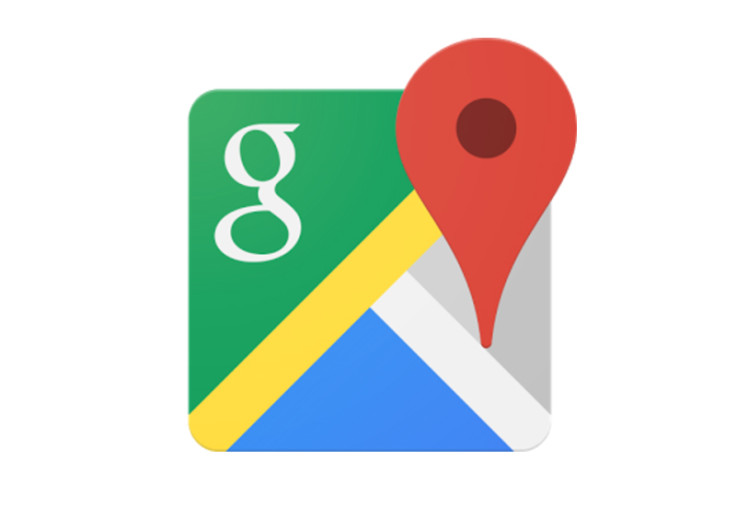Google Maps is sending vulnerable women seeking abortions to pro-life clinics
In San Jose, more than half the search results for abortion centres were instead anti-abortion clinics.

Women in the US who have chosen to have an abortion are being inadvertently redirected to pro-life facilities by Google Maps.
As spotted by Gizmodo, pregnant women across the country are being redirected to "crisis pregnancy centres" (CPCs) – a euphemism for anti-abortion clinics. Across 20 cities, the top search results for abortions in Google Maps were CPCs, including Catholic-funded clinic RealOptions.
RealOptions was started as Birth Choice, an openly anti-abortion clinic, and was founded by Kathleen Eaton. After experiencing her own abortion, Eaton started the group to "compete for the lives of women and their children – both born and preborn".
Take San Jose, for example, which was was tested by The Mercury News. The first three places listed on Google Maps for abortions are all RealOptions clinics. The next three are Planned Parenthood centres, which do offer abortions. Of the 11 places suggested by Google, just five offered abortions.
Gizmodo delved a bit deeper into the issue and found that just two of the 20 cities did not show CPCs – Queens in New York and Little Rock, Arkansas.
Before 2014, crisis pregnancy centres were buying Google ads for search terms relating to abortion and pregnancy. According to NARAL Pro-Choice America, 79% of women seeking an abortion ended up at a crisis pregnancy centre. Google removed the ads after NARAL put forward a complaint.
The anti-abortion groups then went about skewing Google Maps results by writing poor reviews on legitimate abortion clinics and four or five star reviews on their own. An escort coordinator at Capital Care in Ohio, Kristin Hady, said they regularly had to update their operating hours.
"We often have to go and edit the Google listing that the clinic is open, as well, because it seems they will submit that the clinic has closed for good," Hady told Gizmodo. "Depending on what browser clients use to view Capital Care and in which devices, they are still sometimes told it closed for good. It is very confusing and kind of like playing Whack-a-Mole."
Google communications manager Liz Davidoff said the search results were based on algorithms, not keywords or ad sales. Gizmodo presented its finding to Google and was told an investigation would begin. "We're looking into the issues you've flagged," Davidoff told Gizmodo. "We strive for business results that are relevant, accurate and help users find what they're looking for."






